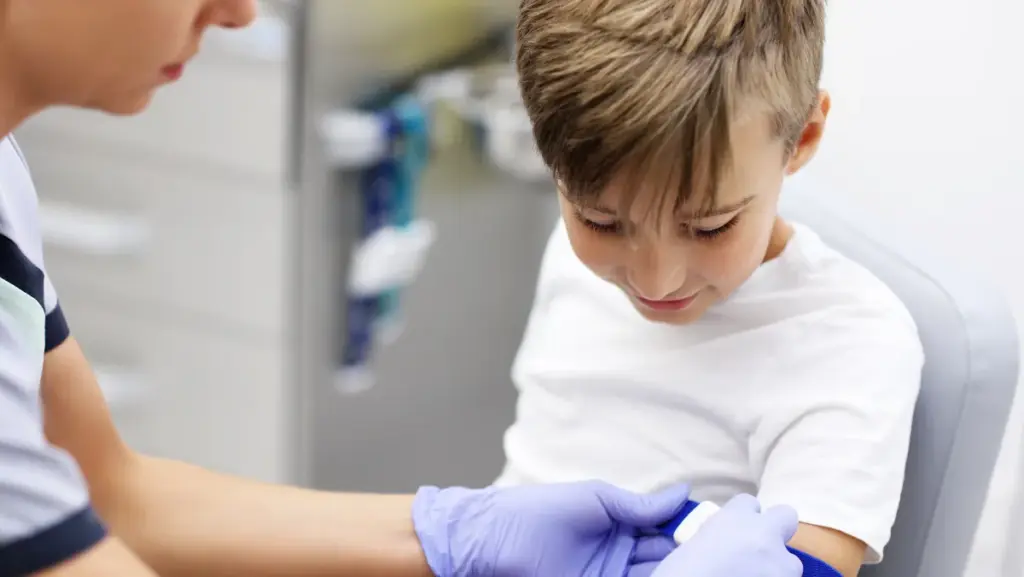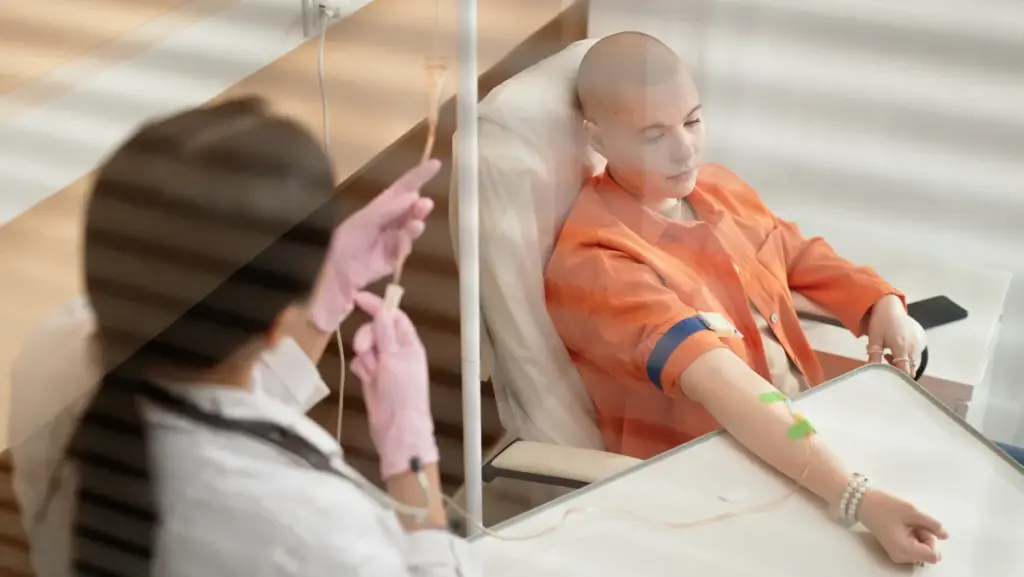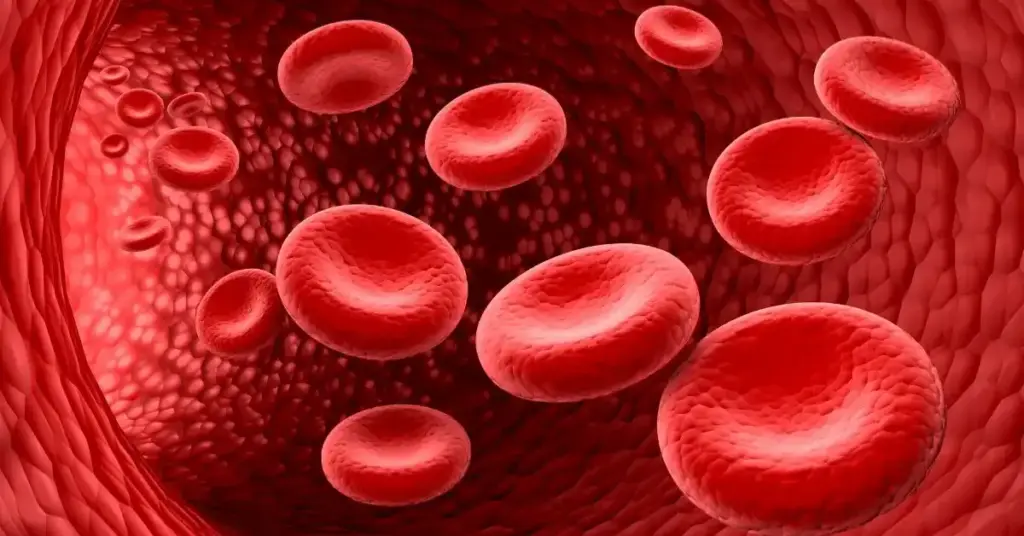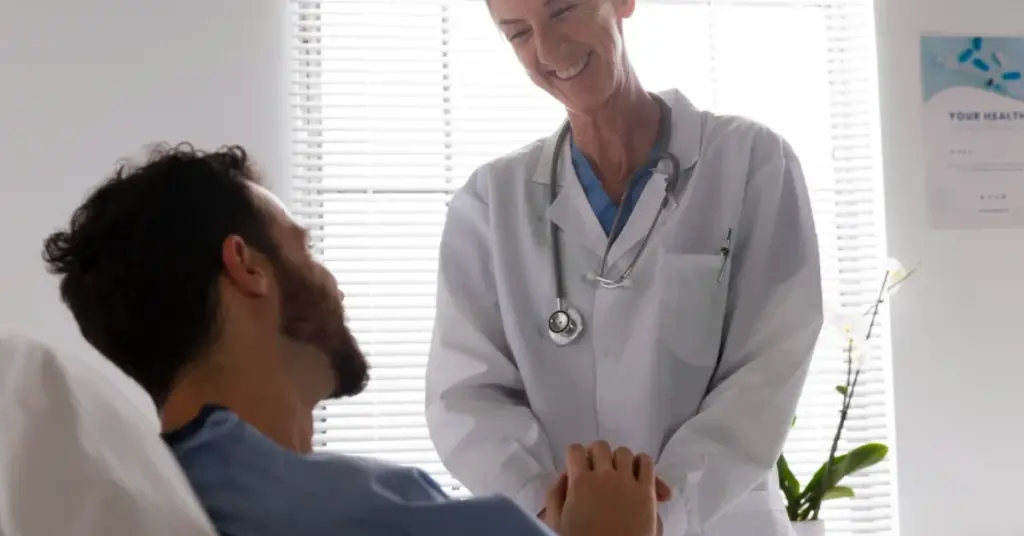
Gastric cancer, also known as stomach cancer, develops when abnormal cells grow uncontrollably in the lining of the stomach. Although its global incidence has declined in recent decades due to improved food preservation and awareness, gastric cancer remains one of the leading causes of cancer-related deaths worldwide, particularly in Asia, Eastern Europe, and parts of South America. In India, gastric cancer ranks among the top ten cancers affecting both men and women, with higher prevalence in southern and northeastern states. Early detection is challenging because symptoms often appear vague or mimic common digestive problems, such as indigestion or acid reflux. However, advancements in endoscopy, imaging, and surgical techniques have improved both survival rates and quality of life. This page provides a detailed guide to understanding gastric cancer—its risk factors, warning signs, diagnostic methods, treatment options, and preventive strategies.
Like most cancers, gastric cancer is caused by a combination of genetic, environmental, and lifestyle factors. Some of the key risk factors include:
One of the challenges with gastric cancer is that early-stage symptoms are subtle and often mistaken for indigestion. By the time symptoms become severe, the cancer may already be advanced.
When to seek help: If indigestion or bloating lasts more than two weeks, or if you notice alarming signs such as weight loss, vomiting blood, or difficulty swallowing, consult a gastroenterologist immediately.
Accurate diagnosis requires a combination of endoscopic evaluation, imaging, and biopsy. Common diagnostic methods include:
Staging helps doctors plan treatment by describing how far the cancer has spread:
The stage directly impacts survival rates and determines whether surgery is possible.
Treatment depends on the stage, overall health, and patient preferences. A multidisciplinary team usually includes oncologists, surgeons, gastroenterologists, and nutritionists.
The outlook for gastric cancer depends largely on the stage at diagnosis:
Regular screening in high-risk individuals can improve survival by enabling earlier treatment.
While not all cases can be prevented, certain lifestyle and dietary changes reduce the risk:
Beyond medical treatment, patients face emotional, nutritional, and social challenges. Key aspects include:
Gastric cancer remains a serious global health challenge, but awareness, early detection, and modern therapies have dramatically improved patient outcomes. Recognizing symptoms early, undergoing timely diagnosis, and seeking expert care are crucial in fighting this disease. If you or a loved one experience persistent digestive discomfort, unexplained weight loss, or other warning signs, do not ignore them early intervention saves lives.
Gastric cancer, also known as stomach cancer, develops when abnormal cells grow uncontrollably in the lining of the stomach. Although its global incidence has declined in recent decades due to improved food preservation and awareness, gastric cancer remains one of the leading causes of cancer-related deaths worldwide, particularly in Asia, Eastern Europe, and parts of South America. In India, gastric cancer ranks among the top ten cancers affecting both men and women, with higher prevalence in southern and northeastern states. Early detection is challenging because symptoms often appear vague or mimic common digestive problems, such as indigestion or acid reflux. However, advancements in endoscopy, imaging, and surgical techniques have improved both survival rates and quality of life. This page provides a detailed guide to understanding gastric cancer—its risk factors, warning signs, diagnostic methods, treatment options, and preventive strategies.
Causes and Risk Factors
Symptoms of Gastric Cancer
Diagnosis of Gastric Cancer
Staging of Gastric Cancer
Treatment Options for Gastric Cancer
Prognosis and Survival Rates
Prevention of Gastric Cancer
Living with Gastric Cancer
Conclusion
Like most cancers, gastric cancer is caused by a combination of genetic, environmental, and lifestyle factors. Some of the key risk factors include:
One of the challenges with gastric cancer is that early-stage symptoms are subtle and often mistaken for indigestion. By the time symptoms become severe, the cancer may already be advanced.
When to seek help: If indigestion or bloating lasts more than two weeks, or if you notice alarming signs such as weight loss, vomiting blood, or difficulty swallowing, consult a gastroenterologist immediately.
Accurate diagnosis requires a combination of endoscopic evaluation, imaging, and biopsy. Common diagnostic methods include:
Staging helps doctors plan treatment by describing how far the cancer has spread:
The stage directly impacts survival rates and determines whether surgery is possible.
Treatment depends on the stage, overall health, and patient preferences. A multidisciplinary team usually includes oncologists, surgeons, gastroenterologists, and nutritionists.
The outlook for gastric cancer depends largely on the stage at diagnosis:
Regular screening in high-risk individuals can improve survival by enabling earlier treatment.
While not all cases can be prevented, certain lifestyle and dietary changes reduce the risk:
Beyond medical treatment, patients face emotional, nutritional, and social challenges. Key aspects include:
Gastric cancer remains a serious global health challenge, but awareness, early detection, and modern therapies have dramatically improved patient outcomes. Recognizing symptoms early, undergoing timely diagnosis, and seeking expert care are crucial in fighting this disease. If you or a loved one experience persistent digestive discomfort, unexplained weight loss, or other warning signs, do not ignore them early intervention saves lives.
Stomach cancer can be curable if detected early. Early-stage gastric cancer may be treated effectively through surgery, chemotherapy, or targeted therapy. The success rate depends on tumor size, location, and spread. Timely diagnosis, lifestyle modifications, and adherence to treatment plans significantly improve outcomes, making early detection crucial for achieving long-term remission and better survival rates.
The most prominent symptom of stomach cancer is persistent indigestion or discomfort in the upper abdomen, often accompanied by bloating, nausea, or loss of appetite. Other warning signs include unexplained weight loss, vomiting, heartburn, or blood in stool. Early recognition of these symptoms and prompt medical evaluation can help detect gastric cancer in its initial stages for better treatment outcomes.
Gastric cancer is caused by a combination of genetic, environmental, and lifestyle factors. Chronic infection with Helicobacter pylori, excessive salt intake, smoking, alcohol consumption, and certain dietary habits increase the risk. Family history and genetic mutations also contribute. Early diagnosis and managing risk factors can significantly reduce the likelihood of developing gastric cancer and improve treatment effectiveness.





